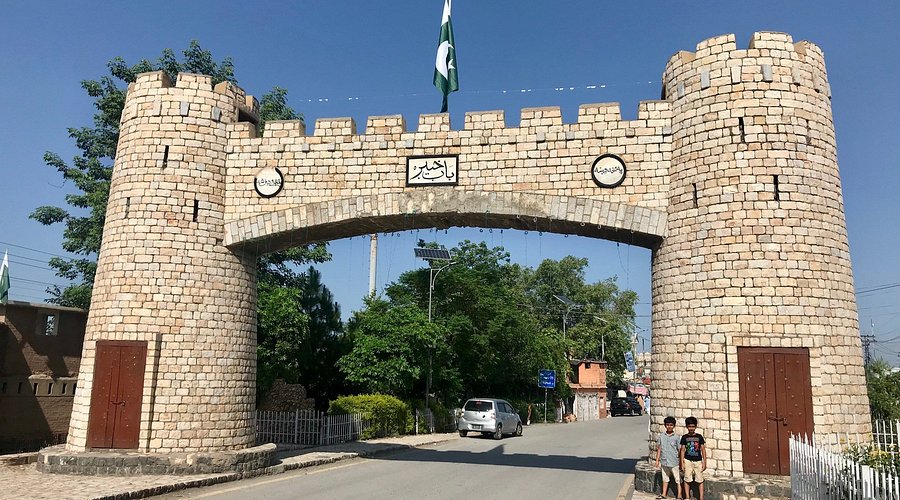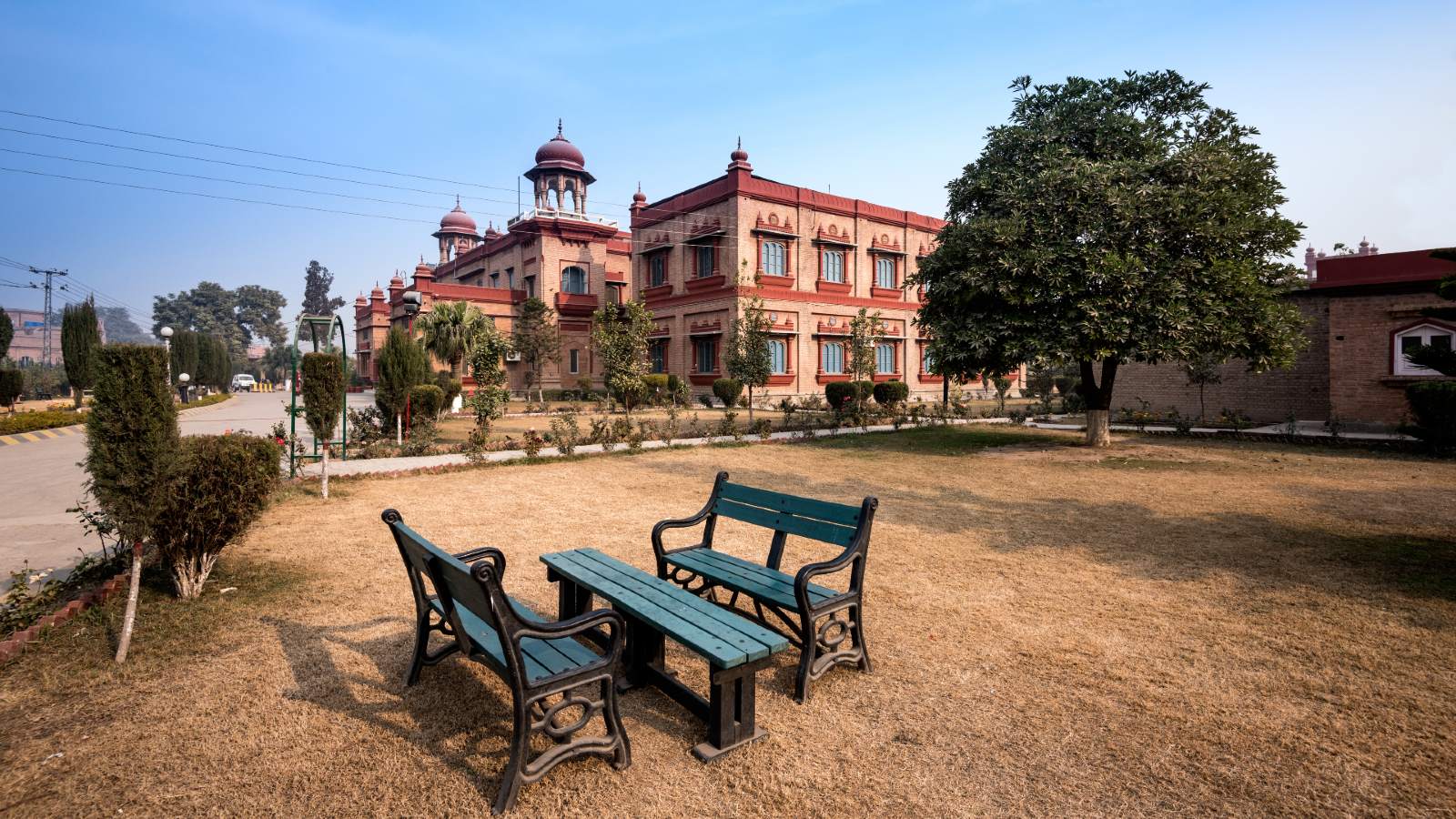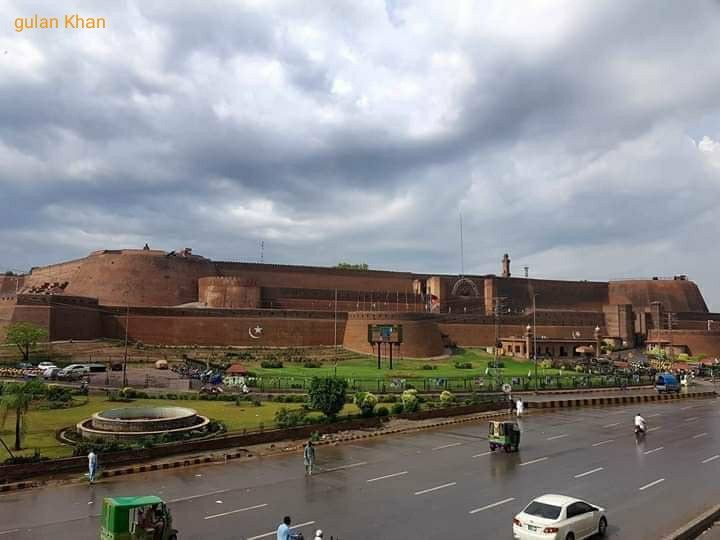Nestled in the heart of Peshawar, Qissa Khwani Bazaar is one of the city’s oldest and most iconic markets. Known as the “Bazaar of Storytellers,” it holds a special place in the history and culture of the region, blending rich traditions, vibrant commerce, and a deep connection to Peshawar’s past. The bazaar has been a hub of trade, culture, and storytelling for centuries, offering a glimpse into the region’s vibrant history.
1. Historical Significance
The name “Qissa Khwani” translates to “Storytellers’ Market” in Urdu, which reflects the bazaar’s role as a gathering place for local storytellers (qissakuwans). Historically, the bazaar was known for its lively atmosphere, where merchants, poets, and storytellers would congregate to share tales, folklore, and poetry. These gatherings made Qissa Khwani a cultural center, where people would pass on stories of bravery, love, and historical events, enriching the local culture with oral traditions.
In addition to its cultural role, Qissa Khwani has always been a bustling commercial market. Over the years, it has evolved into a key trading center for goods such as carpets, textiles, spices, dry fruits, and traditional handicrafts. The bazaar was also a vital part of Peshawar’s role as a major trade route connecting Central Asia and the Indian subcontinent, facilitating the exchange of goods and cultures.
2. Architecture and Layout
Qissa Khwani Bazaar is distinguished by its narrow, winding streets, traditional architecture, and bustling atmosphere.. The market is lined with old-style buildings, many featuring elements of Mughal, Pashtun, and Afghan architectural styles. The shops, often housed in charming, age-old structures, display a range of goods, from handicrafts and jewelry to clothing and spices.
The bazaar is covered with a network of low, arched roofs, creating a unique and atmospheric environment. The sound of bargaining, lively conversations, and the aroma of traditional street food fill the air, offering a sensory overload for visitors. These narrow alleys, though a challenge for modern vehicles, add to the charm and nostalgia of the area.
3. Cultural and Social Hub
In addition to being a market, Qissa Khwani Bazaar has historically served as a social space where people of all walks of life would meet, converse, and share news. The bazaar’s unique character is enhanced by the continued presence of street vendors, tea shops, and local eateries where visitors can experience traditional Pashtun hospitality.
One of the highlights of visiting Qissa Khwani is enjoying the traditional street food, such as chapli kebabs, samosas, and peshawari naan. These foods are a major draw for both locals and tourists, offering an authentic taste of Peshawar’s culinary heritage.
4. Literary and Artistic Significance
Qissa Khwani Bazaar holds an important place in the literary history of the region. It has long been a venue for poets, writers, and intellectuals, making it a melting pot of literary discussions and artistic exchange. The bazaar’s association with storytelling is not only tied to oral traditions but also with the rich body of literature produced in the region, including works in Pashto, Urdu, and Persian.
Historically, the market was frequented by famous figures such as poets, philosophers, and scholars. These intellectual gatherings contributed to the evolution of Pashto literature and the promotion of storytelling as a cherished cultural practice. Even today, the bazaar continues to attract those with a passion for literature and oral traditions.
5. Modern-Day Qissa Khwani Bazaar
Today, while Qissa Khwani Bazaar still maintains its historical charm, it has adapted to modern life. The bazaar remains a popular shopping destination for both locals and tourists, he bazaar’s vibrant stalls provide an authentic shopping experience, where one can find both everyday items and unique handcrafted treasures, making it an essential stop for anyone seeking to immerse themselves in the local culture and take home a piece of Peshawar’s history.From traditional Pashtun garments to handcrafted jewelry and carpets, visitors can explore and purchase items that showcase the region’s rich craftsmanship.
Despite the rise of modern shopping malls and online shopping, Qissa Khwani remains a vibrant and important part of Peshawar’s commercial and cultural life. Its blend of old-world charm and modern commerce makes it an essential stop for anyone exploring Peshawar.
6. Tourist Experience
For tourists visiting Peshawar, Qissa Khwani Bazaar is a must-see destination. The atmosphere of the market, coupled with its deep historical roots, offers a unique experience. Visitors can stroll through its lively streets, take in the sights and sounds, and perhaps hear a local storyteller recounting the city’s history or folklore.
One of the main attractions for tourists is the old tea houses where visitors can sit down and enjoy a cup of traditional tea while observing the bustling market. The bazaar is also home to several historical buildings, including old caravanserais (inns for merchants) and mosques, which add to the cultural richness of the area.
7. Cultural Preservation
Despite the challenges of urban development, there have been efforts to preserve the cultural and historical significance of Qissa Khwani Bazaar. Local authorities and heritage organizations have been working to protect the bazaar’s architectural integrity and ensure that the traditional practices and stories are passed down to future generations. These efforts are crucial to maintaining the cultural essence of the market, which continues to be a symbol of Peshawar’s historical legacy.
8. Conclusion
Qissa Khwani Bazaar is more than just a market—it is a living monument to Peshawar’s cultural history. With its mix of history, commerce, and storytelling, the bazaar remains a central part of the city’s identity. Whether you are interested in shopping, history, food, or simply soaking in the vibrant atmosphere, Qissa Khwani offers a unique experience that captures the essence of Peshawar’s past and present.



 Uncategorized7 years ago
Uncategorized7 years ago
 Uncategorized7 years ago
Uncategorized7 years ago
 Uncategorized7 years ago
Uncategorized7 years ago
 Uncategorized7 years ago
Uncategorized7 years ago
 Uncategorized7 years ago
Uncategorized7 years ago
 Uncategorized7 years ago
Uncategorized7 years ago
 Peshawar7 years ago
Peshawar7 years ago
 Uncategorized7 years ago
Uncategorized7 years ago




